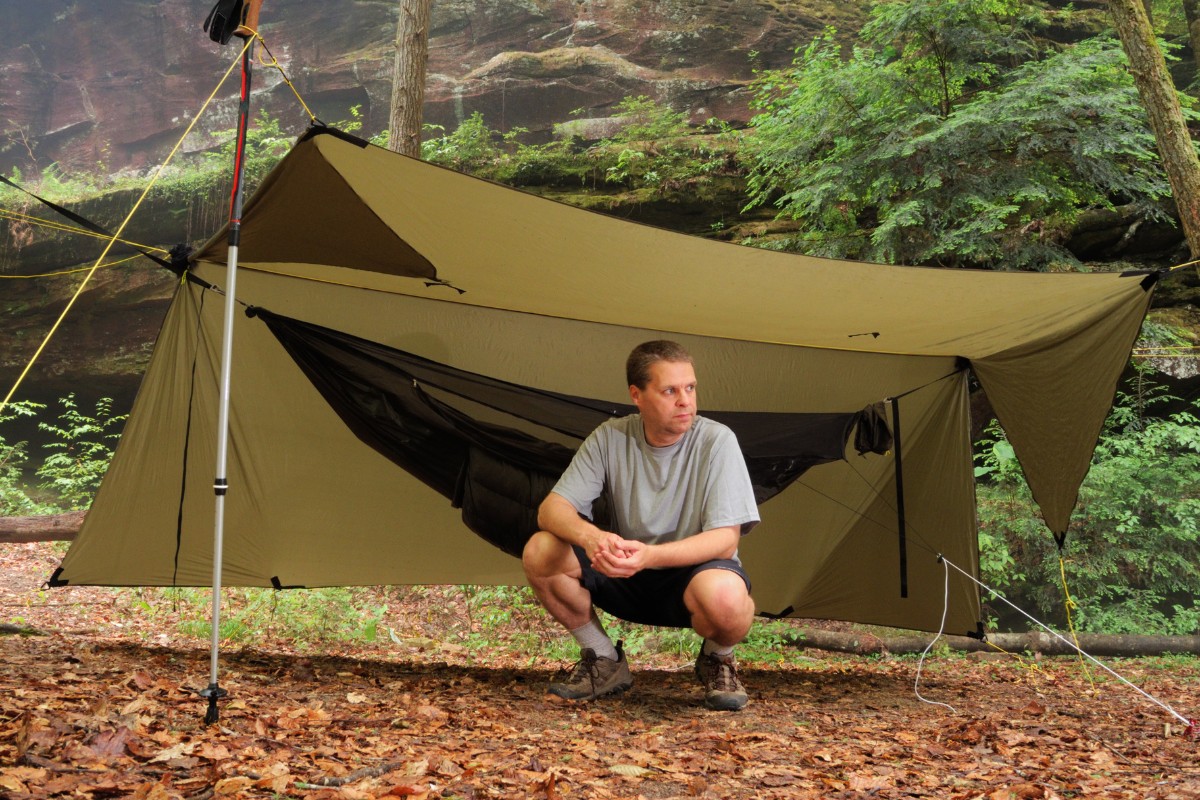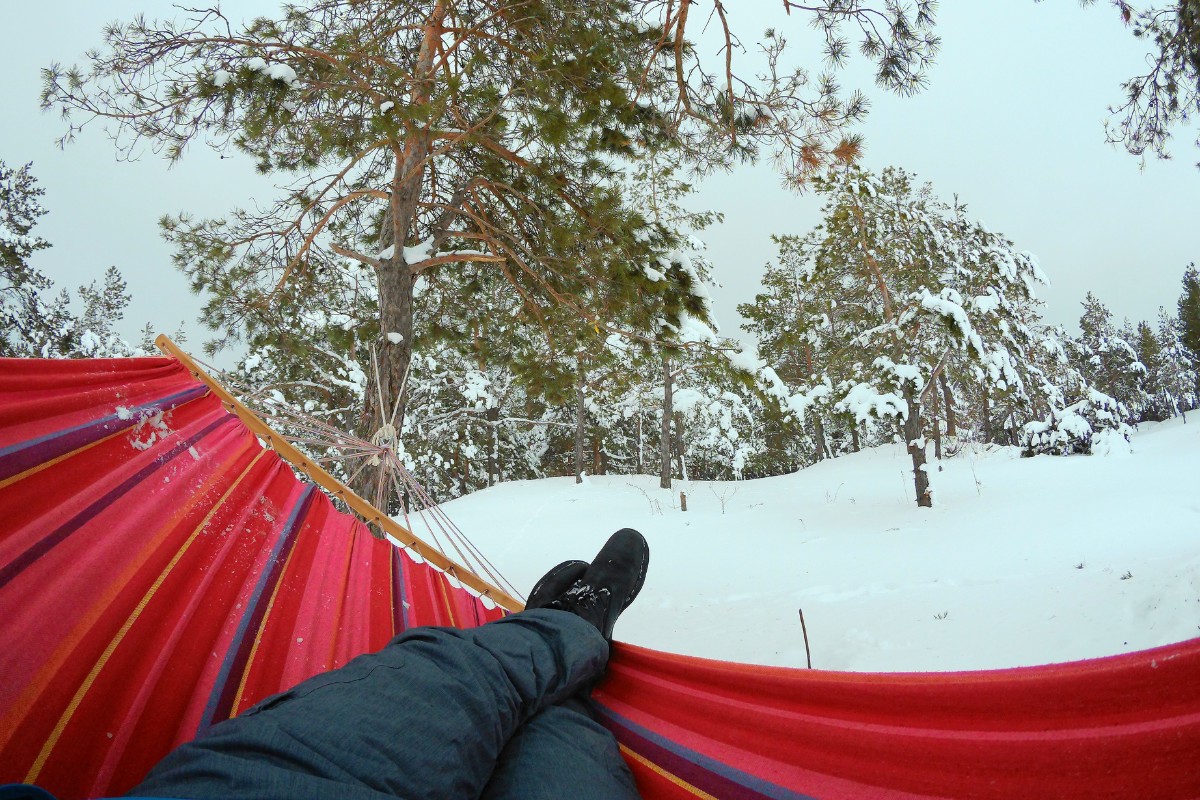Spring is such a wonderful time to be outdoors with the newly blooming flowers and the not-too-hot, not-too-cold weather. Unfortunately, spring also brings out some unpleasant companions like ticks.
Lyme Disease
Besides the yuck factor of having some bug sucking out your blood, ticks also carry disease. Of all tick-borne diseases, Lyme disease is probably the one you hear about most. It is a pretty nasty bacterial infection that starts out with flu-like symptoms of fatigue, headache, fever, and maybe a bulls eye looking rash. If untreated, it will move on to attack your nervous system, joints, and heart.
Keeping Ticks Off
The best defense is a good offense, so here are some tips for keeping ticks off.
Cover Up
Wear long-sleeve shirts, pants, and close-toed shoes. It is hot but these will put more barrier between you and the ticks. Lighter colored clothing makes it a bit easier to see any ticks on your clothes. You can also tuck your shirt into your pants and pants into your socks. This is not stylish, but it is especially recommended where ticks are heavy.
Use Spray
Bug spray discourages ticks from even wanting to be around you. Especially spray around the edges of your clothing, like pant cuffs and sleeve ends, where ticks can crawl in. Besides DEET sprays and permethrin (clothing only, toxic to cats) repellent, some essential oil repellents do work on ticks.
Think Like a Tick
Ticks cannot jump or fly so they must be able to crawl onto you, frequently from the tips of grass and brush. They also like humid places. Be extra vigilant after being in places that work well as tick habitats, especially leaf litter, tall grass, and wooded areas. Keep to the center of trails to prevent brushing against long grass and picking up a little traveler. This isn’t just in the forest, it can be on your own property.
Know What to Look For
Blacklegged small ticks are the kind that most commonly carries disease in the West. Nymphs are most active in spring/summer and are the size of a poppy seed. Adults are most active in the fall and are the size of sesame seeds.
Self Check While Out
Some professional sources say a tick must be attached 24+ hours to transmit Lyme disease. Others say it could take just 4-6 hours. Either way, it is better to check often and keep ticks from attaching at all. If you are going to be out for more than 4 hours, take periodic tick checks. Water or potty brakes would probably be a good time.
Self Check at Home
Check yourself and your children for ticks after being outdoors. Ticks especially like hidden and warm areas like in hair, behind your ears, in armpits, bellybuttons, behind your knee, and between your legs.
Shower
Taking a shower when you get inside can help wash away ticks that have not attached themselves yet, especially those small, hard-to-see ones. You should probably do a self-check before and during the shower.
Check Gear and Pets
Ticks can also hitch a ride home so take a look at gear and pets as well. Dogs, cats, and horses are also vulnerable to tick-borne disease, so make sure to protect them as well.
Use Some Heat
Wash your clothes after an excursion through tick territory. Or if they do not need a wash, throw them in the dryer on high for an hour to kill any ticks.
What to Do if You Have a Tick
Don’t panic. It is best that you have caught the tick now.
DO:
- Pull the tick straight out with needle-nosed tweezers or a special tick tool
- Keep the tick taped to a paper or in a container (with the date) for identification later
- Treat the spot by washing with soap and water and applying antiseptic
- Read up on symptoms of tick-borne diseases
- Talk to a doctor if you think you may be infected, especially a doctor who is familiar with treating Lyme disease
DON’T:
- Slather the tick with vaseline, put a match to it, or any other of those strange tick removal methods
- Twist the tick as you remove it
Just be aware of where you have been and try to keep those ticks off. Being informed is the best thing you can do to keep yourself and your family protected.








